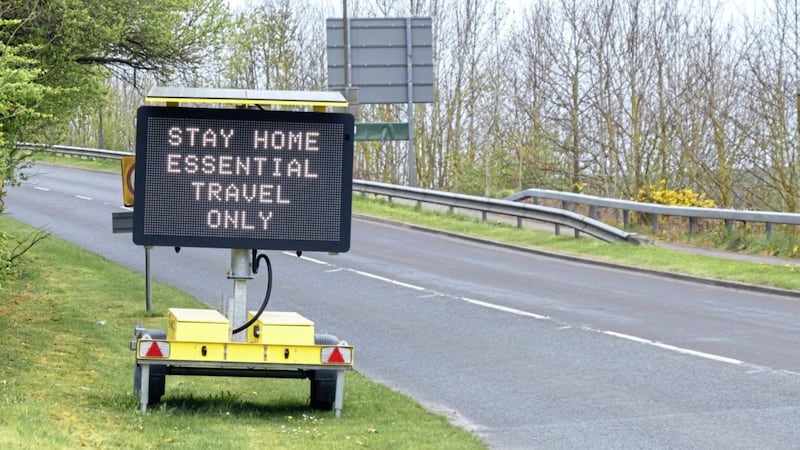It's not in the nature of governments, particularly democratic ones, to impose huge restrictions on the movements of their citizens.
And nor is it in their nature to close down the country and build up enormous debts which will have to be paid off by increasing existing taxes (and creating new taxes) for those same citizens. Yet that's precisely what most governments have been doing since the beginning of the year.
CV-19 has terrified governments; pushing them to lengths and measures that weren't even considered during the two world wars. For a while CV-19 also terrified the vast majority of people everywhere, which is why it was comparatively easy for governments to persuade them to stay indoors, keep their distance from others and, for the time being, adjust to something described as 'the new normal.'
Today, though, most people, particularly those below 50, aren't terrified. That's because they have reached two conclusions: death tolls are very modest in the great scheme of things; and the vast majority contracting the virus recover within weeks. So a gung-ho, 'let-us-out-and-be-free-to-take-our-own risks' mentality has taken hold: to which most governments responded by easing restrictions and 'opening up the economy' again.
But, as was always going to happen, restriction-easing has been accompanied by increasing numbers contracting the virus. Indeed, so high has the rate of infection risen that governments have introduced local lockdowns and are now reintroducing some of the restrictions that were eased just three weeks ago. Again, that seemed inevitable. Curfew (which is what it was) was always going to keep infection rates down, for the very simple reason that it enforced people to stay away from each other.
Governments are now faced with a brutal conundrum. The economy suffers when you force businesses to close and keep workers at home. But the economy also suffers when huge numbers of workers contract the virus and are forced to remain at home until they recover (which, in some cases can take weeks). And because there are no certainties about still being a carrier when you recover, or even maybe even contracting it again, businesses could be faced with month after month of severely reduced production rates, available staff and foot-fall customer numbers. All of which could have a fairly similar impact to being closed altogether.
In the absence of a vaccine - and again, there are no certainties about availability - it is going to be extraordinarily difficult to resolve the conundrum. Which, in turn, means that the economy could remain in severe downturn/recession territory for another year - maybe even longer. At that point redundancy will increase substantially (no government could afford to continue with furlough schemes), businesses will close permanently and all sorts of other aspects of everyday life will face massive disruption.

So, what do we do? Some people argue that the government should just open everything and let the 'herd immunity' approach kick in. But the problem with that approach is that hundreds of thousands of people could still be off work for weeks on end; the virus could mutate into a stronger form (which happens fairly regularly with viruses); the NHS could be hit with a surge it cannot contain (leading to a knock-on impact on treating non-virus cases); there could be a significant uptick in the numbers being left with long-term health problems after contracting the virus; and while the death toll tally might still be modest in overall terms, it might still be high enough to unsettle public opinion and rattle governments.
We're heading into the cold/cough/sniffles/flu/seasonal disorder territory associated with the shorter, darker, colder, wetter days of autumn and winter; when we keep windows closed and reduce the ventilation so necessary to fight a virus. I can't see the government pushing herd immunity at this point. But nor can it continue with the present policy of opening then closing again; or easing then re-imposing restrictions, because all that does is create widespread confusion and encourage people to do their own thing.
What it all boils down to is that there really are no certainties with something like CV-19. But the fact that so many governments seem so reluctant to adopt a laissez-faire approach suggests that they remain fearful, very fearful, about what could happen. Until there is a vaccine that is demonstrably successful I remain supportive of the cautious approach.
But I'd also like to hear more clarity from the government and its advisers; and a greater willingness to deconstruct the arguments of those (growing in number) who say that what's happening is 'scamdemic' rather than real.








